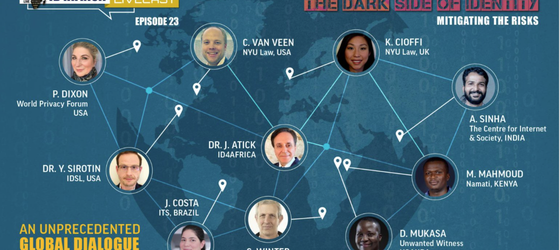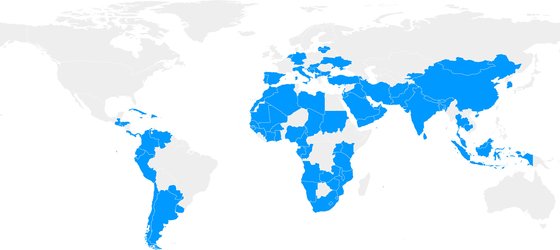OECD Going Digital Horizontal Project: news and event
WPF’s Executive Director Pam Dixon will be presenting at an upcoming OECD Workshop on the topic of data stewardship, access, sharing, and control in regards to national data strategies. WPF will be speaking as a organizational member of the formal civil society stakeholder group at OECD (CSISAC). https://www.oecd.org/digital/going-digital-project/ ). This ...




